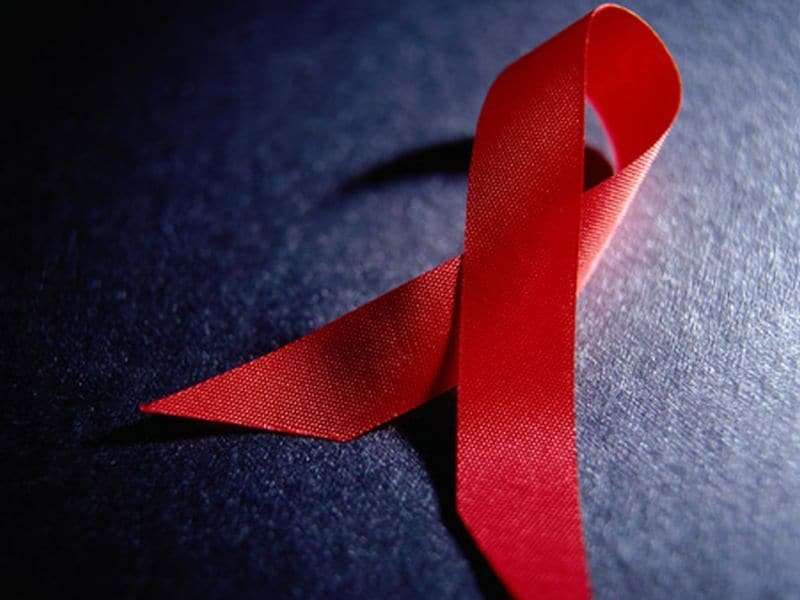More people worldwide now know their HIV status

(HealthDay)—Three-quarters of patients living with HIV worldwide know their infection status, according to Knowledge Is Power, a new report released Nov. 22 by UNAIDS.
In 2017, three-quarters of people living with HIV (75 percent) knew their HIV status, up from 67 percent in 2015. There was also an increase in the number of people living with HIV who had access to antiretroviral therapy, which reached 21.7 million people (59 percent of those infected) in 2017 versus 17.2 million in 2015. However, 9.4 million people living with HIV do not know they are living with the virus and need to be linked to HIV testing and treatment services. Stigma and discrimination remain the biggest barriers to HIV testing, according to the report.
In 2017, the number of people living with HIV who were virally suppressed increased but still only reached 47.4 percent, translating to 19.4 million people living with HIV who do not have a suppressed viral load. Although viral load testing is recommended every 12 months among people living with HIV, access to testing is mixed around the world. Just over half (52 percent) of newborns exposed to HIV in high-burden countries received a test within the first two months of life.
"Viral load monitoring needs to be as available in Lilongwe as it is in London," Michel Sidibé, the executive director of UNAIDS, said in a statement. "HIV testing and viral load testing should be equal and accessible to all people living with HIV, without exception."
More information:
Press Release
Knowledge Is Power Report
Copyright © 2018 HealthDay. All rights reserved.



















